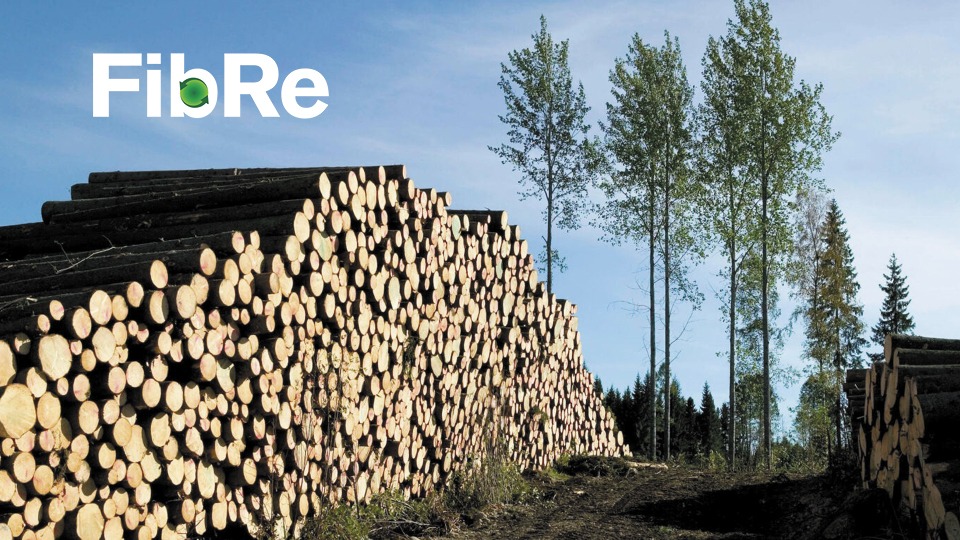LinCS – Linking circularity metrics at product and society level

Circular economy is receiving increasing attention throughout the world. The European Commission says that it has no choice but to go for the transition to a resource-efficient and ultimately regenerative circular economy and has adopted a circular economy package to close product lifecycle loops via reuse and recycling.
It is argued that circular economy is suitable for the mainstream market and there is an increasing pressure on companies to shift to more circular business models.
Measure environmental impact
However, not much attention has been paid to actually measure the environmental impact of this development. Oversimplification of the circular economy might lead to misunderstandings and potential associated consequences of circular economy (e.g. rebound effects, decelerated innovation) need to be included in the assessment. Optimistic assumptions on presumed environmental performance have pushed the circular economy forward, jeopardizing environmental performance gains from other innovation approaches, like efficiency improvements.
What will the LinCS project investigate?
The project LinCS will study the environmental impact of product circularity and circular business models where products are recirculated via reuse, refurbishment, remanufacturing, or recycling at individual (i.e. micro) level. It aims to first understand the conditions needed for a circular model to be sustainable and then to complement this with and understanding of the economic performance of circular business models. This then allows the assessment of the macro level impacts of transitioning to a circular economy, taking into account potential secondary effects, such as changes in consumption (i.e. rebound effects). Both micro- and macro-level indicators will be developed that are complementary to each other and together provide a comprehensive way to monitor the environmental benefits of circular products and and a circular society.
Research questions addresse in the project
- What factors / variables impact the environmental performance of circular products / circular business models?
- Under what circumstances / conditions are circular products / business models environmentally and economically preferred compared to linear ones?
- How can circular business models be improved in order to be sustainable?
- What are suitable indicators to monitor the environmental effects of the circular economy at the micro and macro level?
- Which policies need to be introduced/altered that prevent/reduce the proliferation of unsustainable CE and support sustainable CE products?
-
Forskningsresultat i projektet
Journal papers LinCS
- Harris, S., Martin, M., Diener, D. (2021). Circularity for circularity’s sake? Scoping review of assessment methods for environmental performance in the circular economy. Sustainable Production and Consumption, 26, 172-186. Available here.
- Martin, M., Heiska, M., Björklund, A. (2021). Environmental assessment of a product-service system for renting electric-powered tools. Journal of Cleaner Production, 281. Available here.
- Van Loon, P., Diener, D., Harris, S. (2021). Circular products and business models and environmental impact reductions: current knowledge and knowledge gaps. Journal of Cleaner Production. 288. Available here.
- Martin, M., Herlaar, S. (2021) Environmental and social performance of valorizing waste wool for sweater production. Sustainable Production and Consumption, 25, 425-438. Available here.
- Martin, M., Herlaar, S. Jönsson, A., Lazarevic, D. (NA) Trouble brewing: Assessing the sustainability of circular and linear beer 2 keg system. Submitted to Resources, Conservation and Recycling (Nov 2020)
Conference papers and presentations
- Van Loon, P., Diener, D., Kazmierczak, K. (2019). Circular principles and environmental impact reductions: current knowledge and the way forward. International Conference on Life Cycle Management, 1-4 September 2019, Poznan, Poland.
- Van Loon, P., Diener, D., Harris, S. (2019). The environmental impact of circular products: what do we really know? European Roundtable on Sustainable Consumption and Production. 15-18 October 2019, Barcelona, Spain. Available here. (page 355-371)
- Martin, M., Heiska, M., Lippert, P. (2019). Tool sharing platforms and sustainability: Environmental implications and life cycle management of sharing services. European Roundtable on Sustainable Consumption and Production. 15-18 October 2019, Barcelona, Spain.
- Martin, M., Herlaar, S., Betros, Y.F. (2020). Exploring the environmental and social performance of a new value chain for valorzing waste wool in outdoor garments. Social Life Cycle Assessment. 15-17 June 2020, online. Available here.
- Martin, M., Herlaar, S. (2020). From circular to linear? Assessing the environmental performance of steel and plastic kegs in the brewing industry. 12th International Conference on Life Cycle Assessment of Food, 13-16 October 2020, Berlin. Available here.
Other LinCS presentations (Industry & Education)
- Webinar environmental and economic implications of circularity. Organized by Swedish Life cycle Center. Patricia van Loon, Steve Harris, Derek Diener. 18 November 2019. Over 100 registered.
- Webinar dags att ställa om – verktyg, metoder, och goda råd. Organized by Cradlenet. Patricia van Loon. 2 April 2020. Around 85 participants.
- Case studies used in teaching – Tillväxtverket, University of Gothenburg, Chalmers.
Upcoming
- Circular business models – common challenges and opportunities. Advanced Engineering – Patricia van Loon / Saamet Ekici, September 2021.
Partners and financing
The project is a collaboration between Chalmers Industriteknik, IVL and RISE Viktoria.
The Swedish Environmental Protection Agency (Naturvårdsverket) is financing this project.


